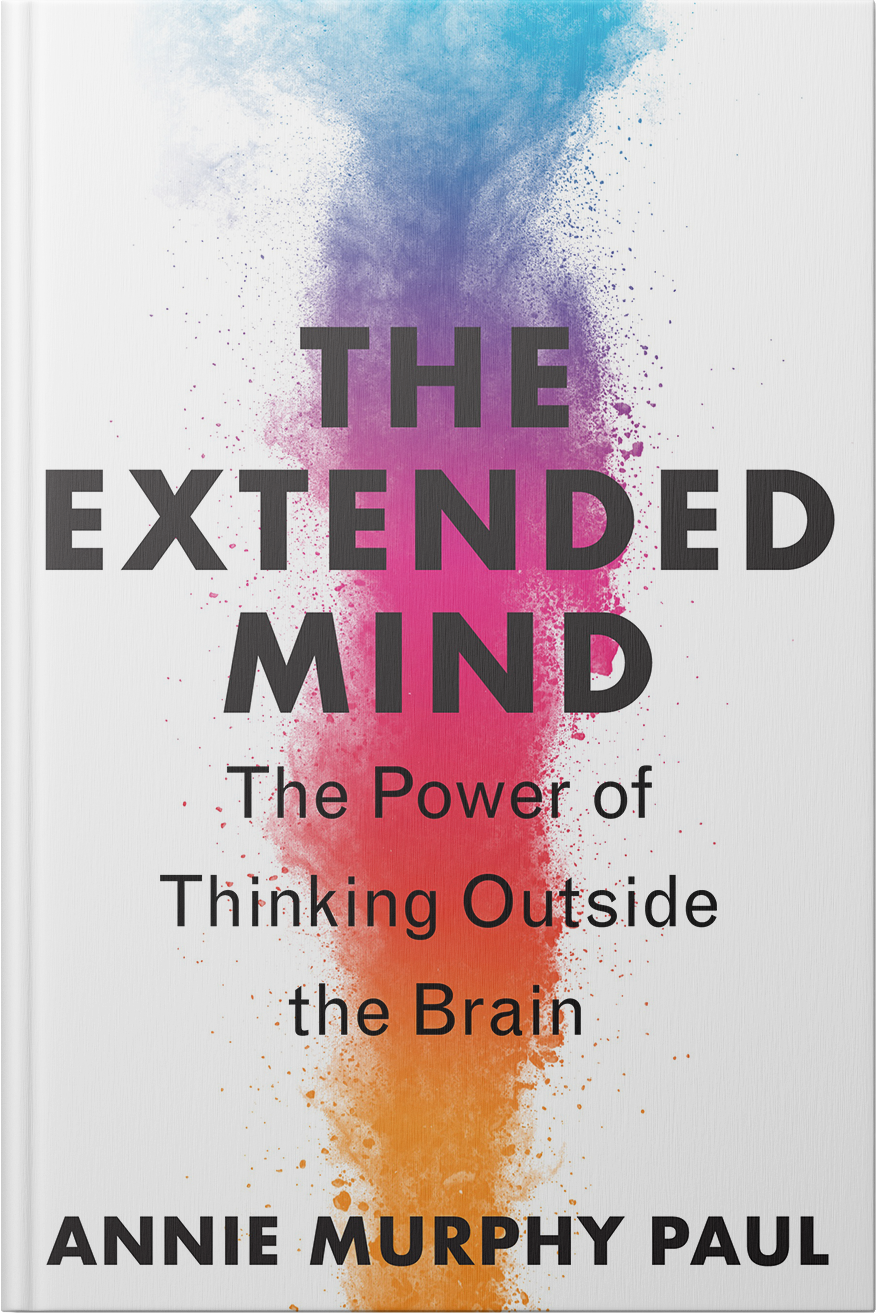In today’s information-saturated workplace, there’s too much knowledge for any one person to keep tabs on. Yet all relevant knowledge must somehow be marshaled and applied in order to accomplish a complex task.
The solution to this dilemma lies in creating what psychologists call a “transactive memory system,” in which each person on a team is responsible for knowing and remembering one segment of the larger body of information drawn upon by the group.
In order to reap the benefits of a transactive memory system, each member of the team has to be aware of their teammates’ areas of expertise. But how to establish and update this awareness? Researchers from Maastricht University in the Netherlands have a suggestion: create a concept map.
Concept maps originated in education as a way of organizing and representing information. They “externalize” what people know, taking it out of their heads and making it visible on paper.
For this reason, concept mapping is an ideal tool for supporting the development of a transactive memory system: it can be used to show what is known by the members of the team, and just as importantly, who knows it. (For a basic guide to concept mapping, see the references below.)
In the process of creating a concept map, the Maastricht researchers write, “team members share information regarding their specialized knowledge, skills, and abilities with the rest of the team.”
Such sharing promotes the development of an accurate transactive memory system, as members organize and integrate the group’s total body of knowledge, clarify their own and others’ roles and responsibilities, and inform themselves about the gaps in their own knowledge.
Activities like concept mapping, and a focus on processes like transactive memory, will become increasingly necessary as we move into a future in which the individual can do less and less with her own mind alone—and more and more when she joins her mind with the minds of others.
Here’s the article by the Maastricht University researchers:
“The Effect of a Concept Mapping Intervention on Shared Cognition and Adaptive Team Performance Over Time”
Catarina M. Santos, Sjir Uitdewilligen, Ana M. Passos, Pedro Marques-Quinteiro, and M. Travis Maynard in Group & Organization Management
https://journals.sagepub.com/doi/full/10.1177/1059601120981623
And here’s a basic guide to creating concept maps:
“What is a Concept Map?”
Alberto J. Cañas and Joseph D. Novak, on the Cmap website
